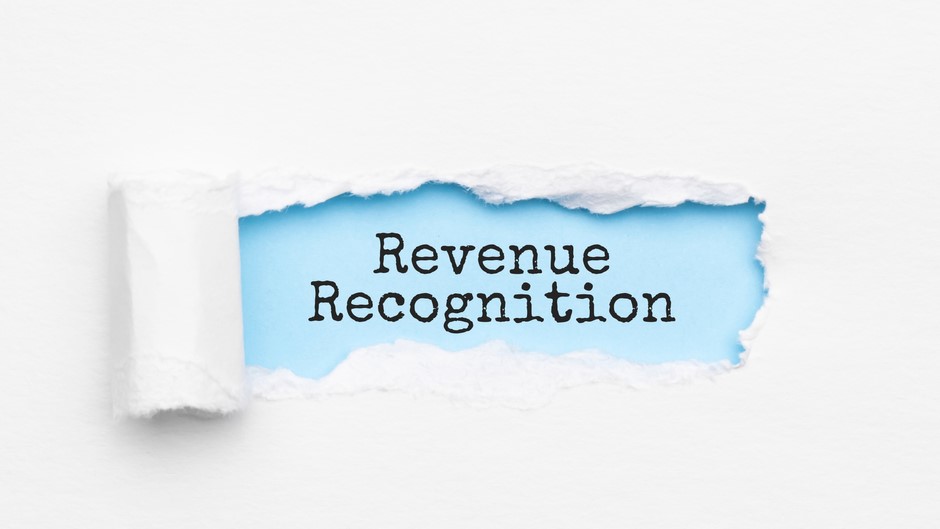Are you starting a new business in 2025? You’re not alone—according to the U.S. Census Bureau, nearly 447,000 new business applications were filed in May 2025. As an entrepreneur, understanding the tax treatment of start-up expenses can help you reduce your federal tax bill and keep more cash in your business.
What Are Start-Up Expenses?
Start-up costs are the expenses you incur before your business officially opens. These include costs to investigate, create, or acquire a business, such as market research, advertising, legal fees, and more. The IRS considers start-up expenses as those paid or incurred in the process of:
Investigating the creation or acquisition of an active business,
Creating a business, or
Preparing to engage in a for-profit activity.
How Much of Your Start-Up Costs Can You Deduct?
Under the current tax code, you can elect to deduct up to $5,000 of start-up costs and $5,000 of organizational costs in the tax year your business begins operations. However, these deductions phase out dollar-for-dollar if your total start-up or organizational costs exceed $50,000. Any remaining start-up expenses must be amortized (spread out) over 180 months (15 years).
Key Points:
Deductions are only allowed once your business is actively conducting operations (generating revenue).
Expenses must be of a type that would otherwise be deductible if incurred after your business began.
Good recordkeeping is essential for claiming deductions and for IRS compliance.
What Qualifies as a Deductible Start-Up Expense?
Common deductible start-up costs include:
Market research for new products or services
Advertising and promotional costs before opening
Legal and accounting fees related to forming your business entity
Travel expenses to find suppliers, customers, or locations
Organizational expenses are specific costs directly related to setting up a corporation or partnership, such as:
State incorporation fees
Partnership filing fees
Legal and accounting services for organizing your business
Plan Ahead to Maximize Your Tax Benefits
If you want to deduct start-up expenses this year, make sure to:
Decide whether to elect the immediate deduction or amortize the costs
Maintain detailed records of all expenses
Consult a tax professional to maximize your deductions and stay compliant with IRS rules
Need Help With Your Start-Up Tax Strategy?
At Berndt CPA, we help new business owners like you navigate the complexities of start-up expense deductions, tax planning, and compliance. Contact us today to discuss your business plans and get expert advice on how to save money on your taxes as you launch your venture.





